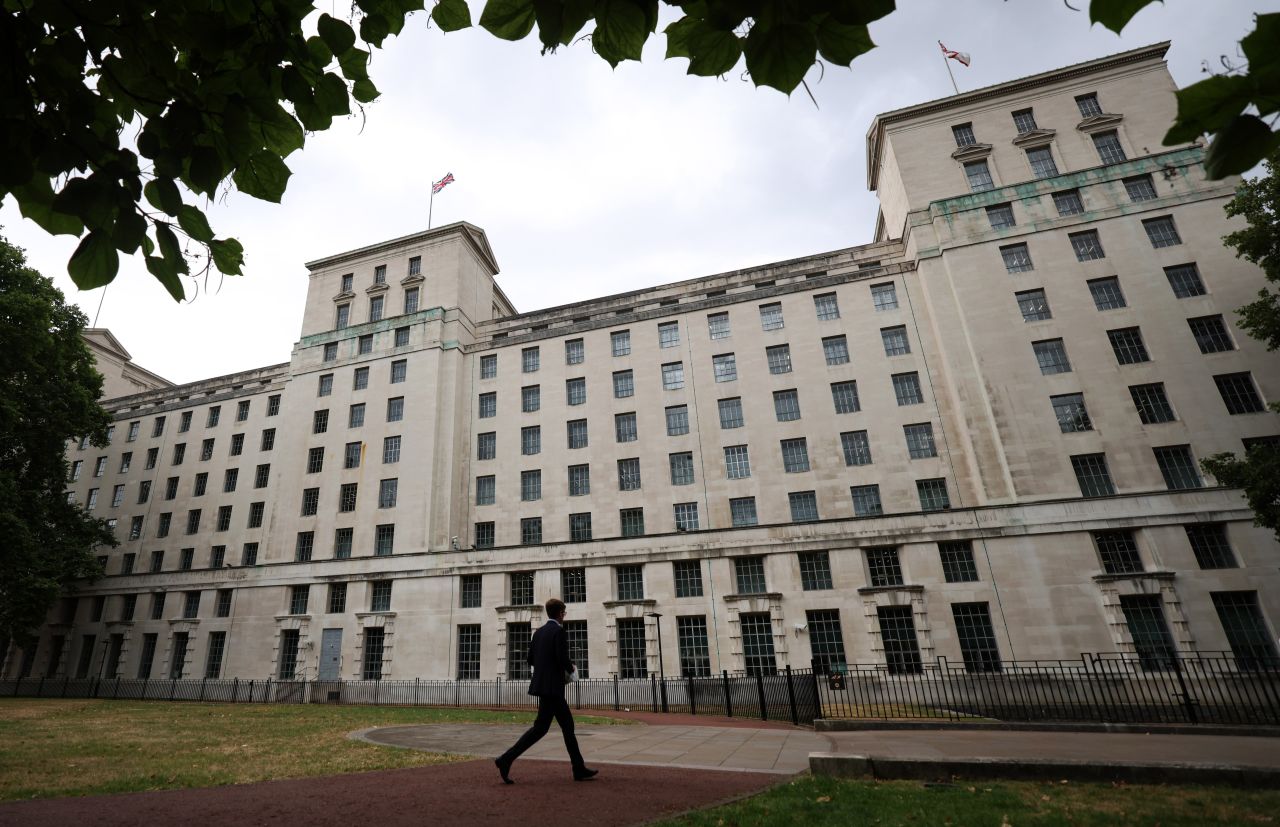The U.K. government has been compelled to relocate thousands of Afghan nationals due to a significant data error made by a defense official. This mistake, which came to light in 2023, has led to a series of actions shrouded in secrecy, including a rare court injunction preventing public reporting on the issue.
Details of the Data Blunder
The blunder involved sensitive information about Afghans who had assisted British forces during the two-decade conflict in Afghanistan. According to the Ministry of Defence, the error resulted in the exposure of personal data, creating security risks for those affected. As a precaution, the government initiated a covert operation to relocate approximately 6,000 individuals to ensure their safety.
Following the revelation of the data breach, officials sought to contain the fallout. In a rare move, a court injunction was secured, which prohibited any media from disclosing details surrounding the incident. This extraordinary measure reflects the government’s determination to mitigate potential reputational damage and protect the privacy of those involved.
Impact on Affected Individuals
The relocation effort included not only Afghan interpreters but also their families, many of whom faced threats from the Taliban for their previous associations with British forces. The operation, executed under tight security, aimed to move these individuals to safe locations before their identities could be compromised.
Critics of the government have raised concerns regarding transparency and accountability. They argue that the handling of such a sensitive issue undermines trust in the U.K. government’s commitments to its allies and the responsibilities it has towards those who supported its military operations.
In light of the error and subsequent actions, the U.K. government is now facing scrutiny over its data management practices and the effectiveness of its response to the crisis. As many of the relocated Afghans remain in limbo, questions linger about their future and the long-term implications of this data error.
This situation highlights the complexities of military partnerships and the ethical obligations that arise from such alliances. The U.K. government’s actions suggest a recognition of these responsibilities, even as they navigate the challenges posed by the data mishap.
As the government continues to address the fallout, it remains to be seen how this incident will influence future policies regarding data protection and the treatment of Afghan allies who risked their lives in support of British operations.



































































